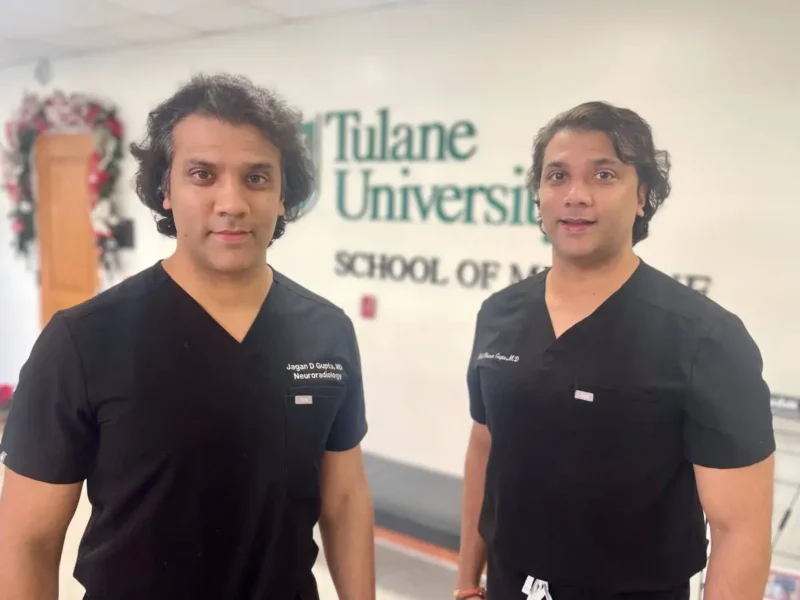
Meet ‘India’s Padwoman’
By ANJU BIST
Like many aspiring Indian students, I came to America in 1994 to pursue higher studies and find a dream job. I remember always paying auto drivers back in India extra money, thinking they needed it much more than I did. The desire to serve was there, yet as a student in a middle-class family, the need to secure a good career was paramount. After graduating from the University of Maryland at College Park with an MBA, I started work as a management consultant with PricewaterhouseCoopers.
Back then, online shopping was not as ubiquitous as it is today. One of our projects with a major retail outlet entailed putting internet kiosks in stores so that if a customer couldn’t find a T-shirt in the size or color they wanted, they could still order it, and the store would not lose that customer. I would sit in meetings and wonder if this was how I would spend the rest of my life. Helping people who already made lots of money make even more money?
Feeling disillusioned, I decided to quit this job. Fortunately for me, my husband supported me. We learned about the wonderful humanitarian projects inspired by Sri Mata Amritanandamayi Devi (Amma) that served those in need. We relocated to India in 2003 and started volunteering with the NGO Amma had founded. In 2013, when the NGO adopted underdeveloped villages nationwide, I saw first-hand the problems faced by rural women and girls and understood the urgent need to provide high-quality and low-cost products for menstrual hygiene.
Most sanitary napkins sold globally are made with cellulose fiber obtained by cutting trees. The amount of waste generated by mainstream sanitary products is astronomical. According to the Menstrual Health Alliance India, one sanitary pad takes 500 to 800 years to decompose. As we sought the ideal solution, we understood that it would be foolish to promote a single-use model in rural India.
I had used cloth pads for nearly a decade, starting while still living in the US. I knew how reusable pads made for a much more wholesome period experience. We set about making the world’s first reusable pad with banana fiber derived from agro-waste as the absorbent. Our goal was to make available high-quality pads at affordable prices in rural areas.
In 2017, we launched Saukhyam Reusable Pads. To date, we have sold and distributed over 500,000 pads, helping prevent the emission of 2000 tons of carbon dioxide equivalent annually. Our work has also helped eliminate 43,750 tons of non-biodegradable waste. The pads are made in rural India and are now also exported to the US, UK, Germany, Spain, Netherlands, Kuwait, and Nepal. We continued producing through the pandemic. In order to cater to growing demand, we are scaling our production centers this year.
Reusable menstrual pads are better for our seas, trees, bodies, and wallets. They cost, on average, one-tenth the amount one must otherwise spend on disposable sanitary napkins month after month.
This year, on International Women’s Day, Niti Aayog, the premier policy think tank of the Government of India, recognized Saukhyam as one of the strong roots for tomorrow’s India. I received the prestigious Women Transforming India Award. I am often referred to as “Padwoman of India.” Turns out, helping sell reusable menstrual pads made by rural women artisans has been far more fulfilling than helping sell T-shirts was.
It’s been quite a journey from corporate America to rural India, where my team and I primarily work. International Menstrual Hygiene Day (May 28th) is around the corner and it’s our vision that reusable products become mainstream. Disposable can never be sustainable and our planet does not have enough resources for us to endlessly take, make, use and discard. Change is imminent, and we are grateful to be playing a small part in making that happen. We have so much more to do.
To learn more and support the cause: www.saukhyampads.org
(Anju Bist serves at the Mata Amritanandamayi Math with her husband, Praveen Bist in Delhi. The Math is an NGO with consultative status to the UN’s ECOSOC. It runs educational institutions, hospitals and has initiated several charitable initiatives worldwide.)




